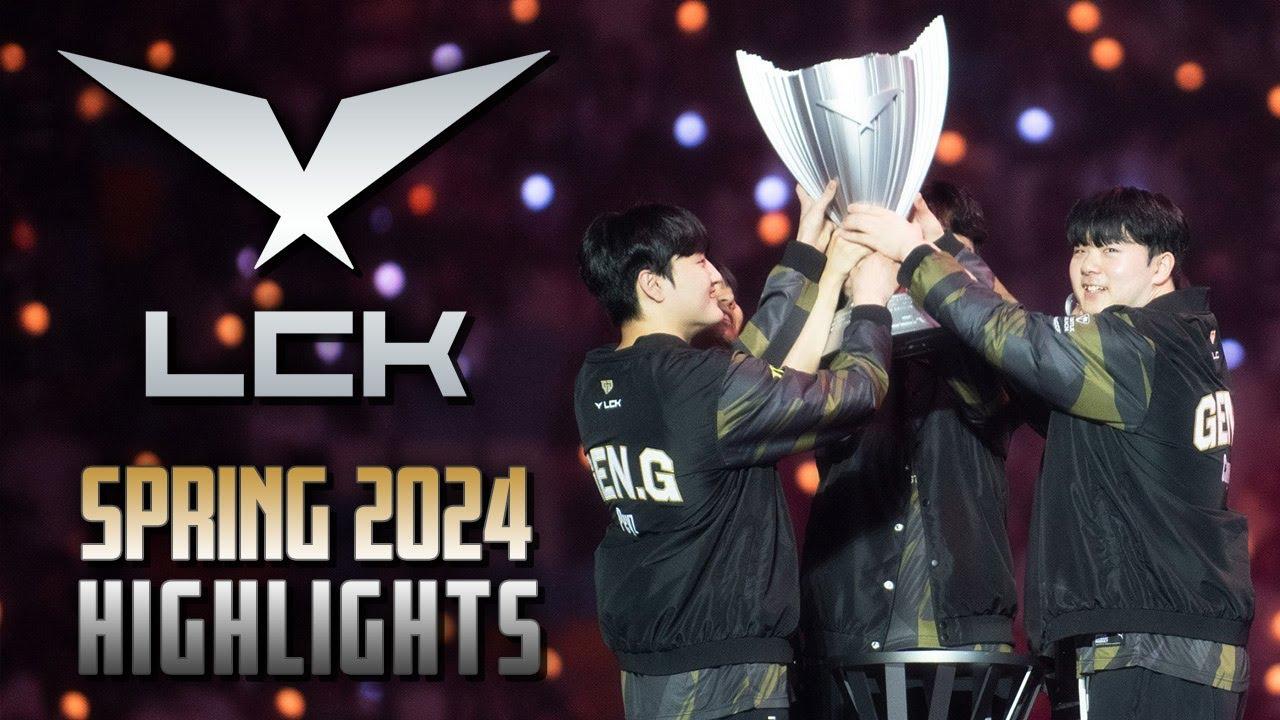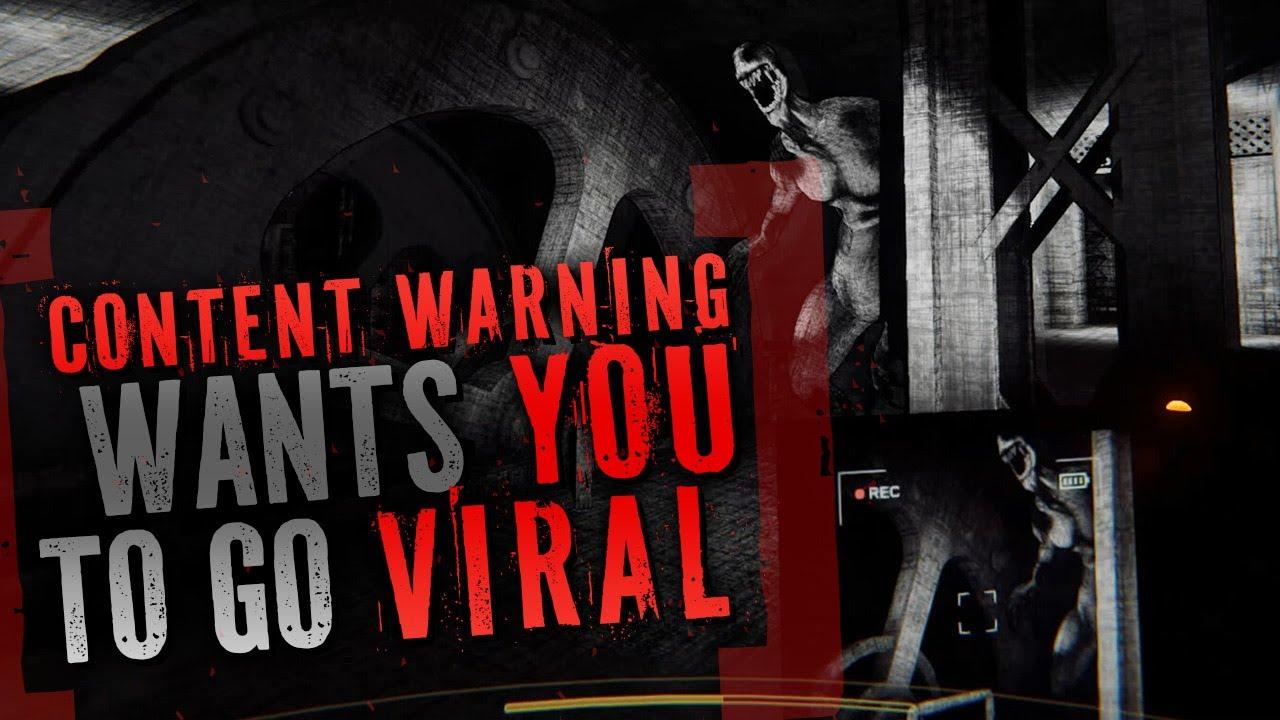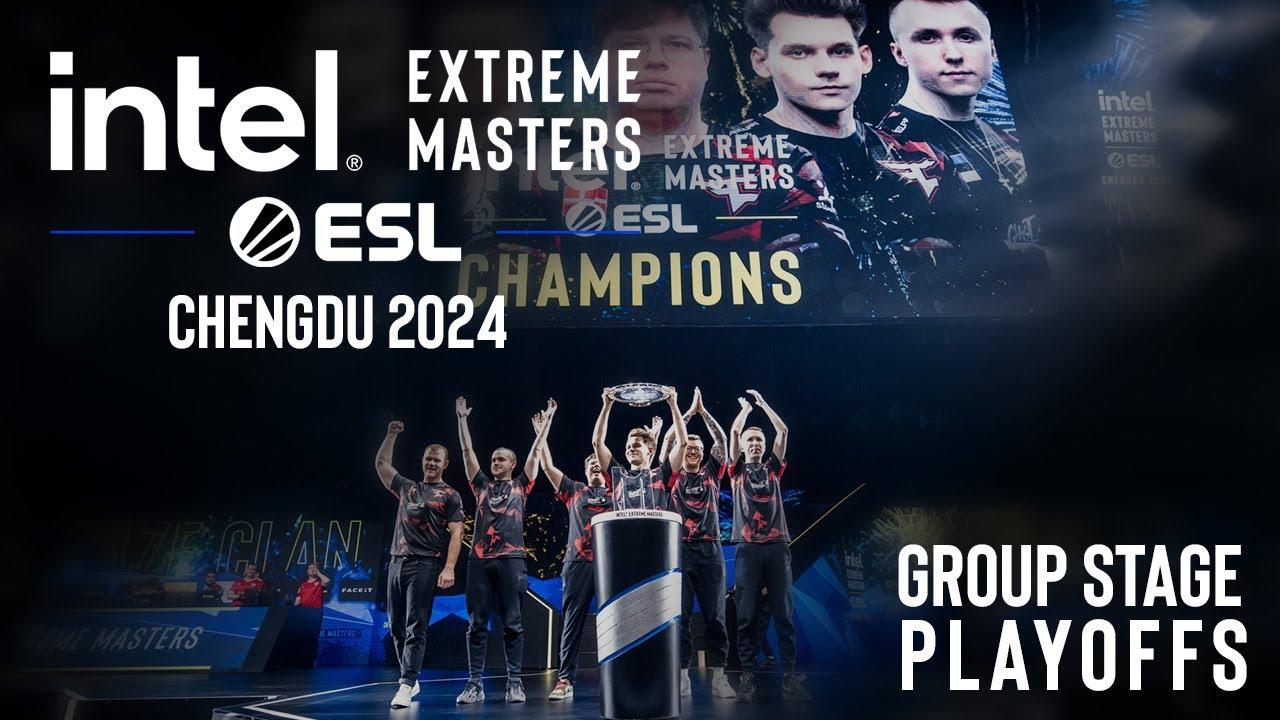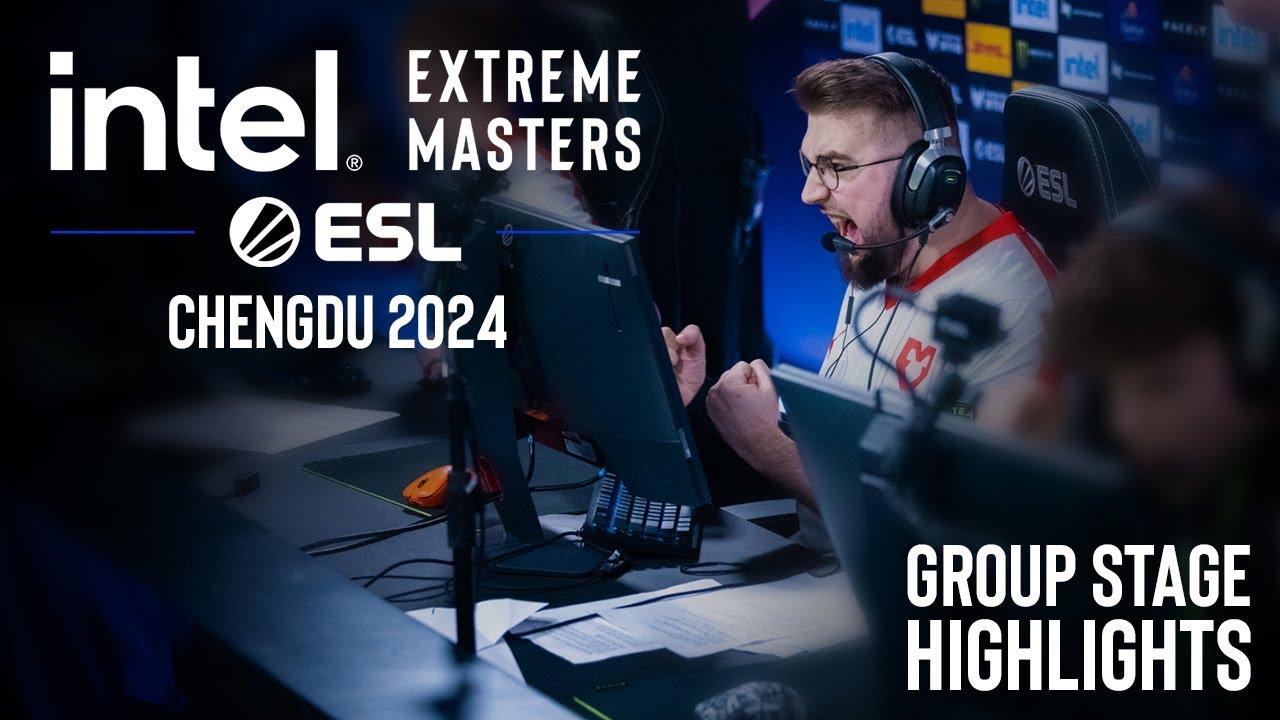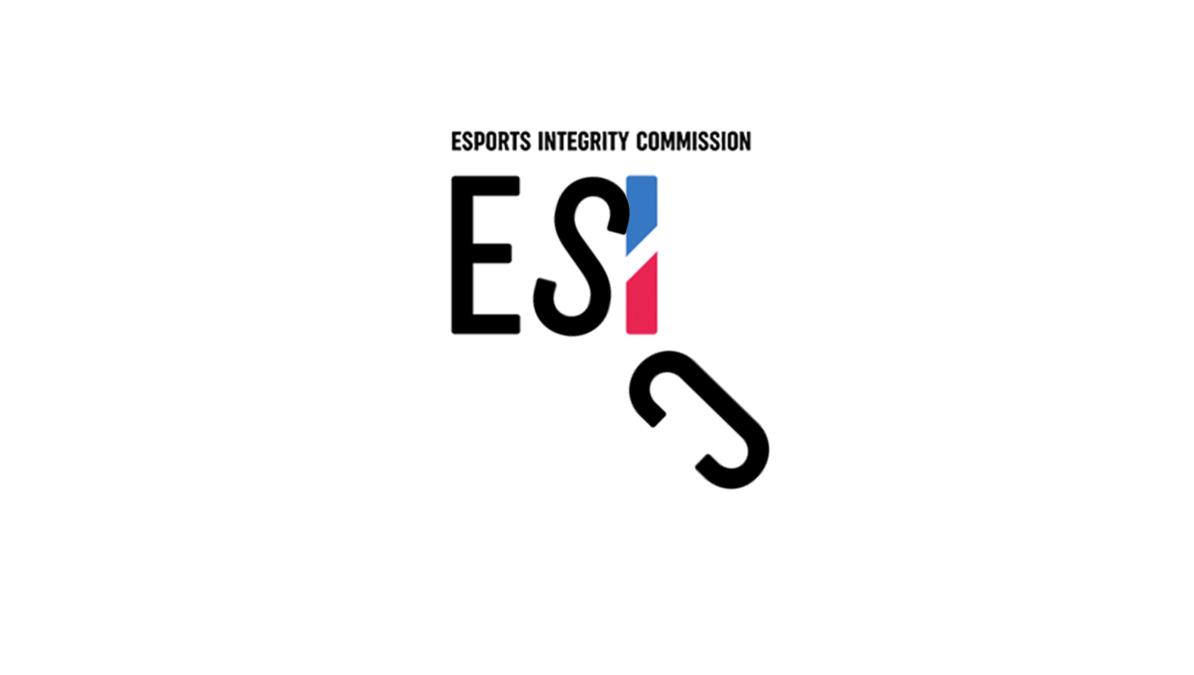
ESIC will not penalize CSGO cheating after long investigation
The Esports Integrity Commission, funded by a conglomeration of well-know tournament organizers including ESL and BLAST, has decided to not take any official action against teams, players, and coaches implicated in this past summer’s stream sniping incidents.
The response from the ESIC took months to be released, and did little but reiterate the already established rules that stream sniping isn’t allowed. In other words, so many teams were suspected or caught viewing live streams of matches that the ESIC says that penalizing any teams involved would underming a professional CSGO scene that has already been undermined. There is further cause for concern regarding the ESIC’s response to the months-long investigation, especially in regard to ESIC Commissioner Ian Smith’s statement regarding his decision to not hand out any punishments.
“It is my view that what is best for for the broader CSGO community, which has already been rocked by serious scandals this year,” Smith said.
ESIC report on coaching still missing, stream sniping announcement lacking
Smith’s CSGO scandals refer to a coaching exploit bug in which coaches were able to gain a bird’s eye view of the game map that included enemy weapons and equipment loadouts. The ESIC banned 37 coaches for varying lengths of time after employing two professional CSGO referees to review thousands of demos by hand for indications that coaches had used the exploit during official games. While the original coaching report was released in September, the ESIC said that it would publish a follow up document to the investigation after consulting with key tournament stakeholders, stakeholders who also pay a premium price to fund the ESIC.
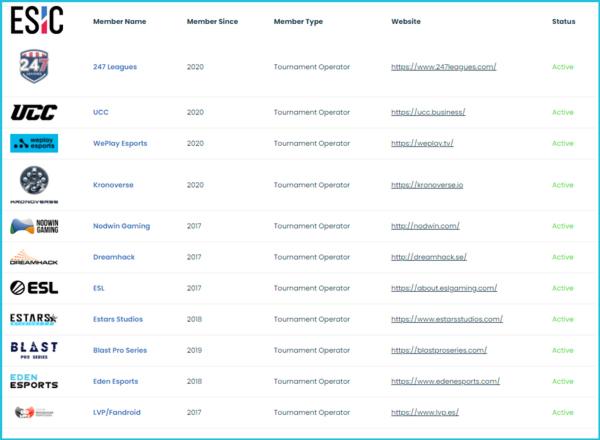
The line between tournament organizer and “Integrity Commission” is growing increasingly thin. Organization’s often take commands from those that write the checks, and its entirely feasible that participant tournament organizers would rather have the matter be burried than continue to interfere with their bottom lines.
Is the ESIC a third-party integrity operator?
To be clear, The Esports Integrity Commission is not a third-party entity. Despite being labeled as a not-for-profit organization, the ESIC requires a buy-in from tournament organizers based on a percentage of a member’s largest yearly prize pool yearly as a membership fee.
Considering the lack of action of the ESIC’s behalf and the potential financial monetary ramifications of another CSGO controversy, both players and teams may want to tred carefully around the rulings. It’s a disappointing end to what was to be a definitive answer as to who broke CSGO’s most basic rules. Instead, the ESIC simply reiterated that stream sniping is not allowed. The report closed by saying that it would not comment on any teams or personal potentially involved in the decision, but hinted at backdoor deals in its closing statement.
ESIC announces sanctions against 37 individuals in relation to the exploitation of the Spectator Bug.
Only 20% of available data (99,650 demos) has been examined.
ESIC to issue one final report at the end of October to close the investigation. pic.twitter.com/tyduJkVvxo
— ESIC (@ESIC_Official) September 28, 2020
While the ESIC made it clear that they would be avaialable for comment on the matter, communications requests regarding both CSGO’s coaching exploit and stream sniping investigations have gone unanswered. Smith closed his letter by claiming that it had done its due diligence, but that ultimately it’s the players and teams who will have to be the ones to make a final judgement.
“ESIC has fulfilled its purpose to protect esports integrity by acting as we have, but those coaches, players[,] and teams we have given a pass to by this decision have been warned we are watching them closely,” Smith closed.
Below is a PDF version on of the announcement posted in a series of images on Twitter in leiu of an official press release.
ESIC Final Report on Professional CSGO Streamsniping by Nick Johnson on Scribd
Recommended

All maps are now available in CS2, what does it mean?
Poor Inferno players.

Redline creator reveals a sequel skin for CS2
Maybe call it the Orangeline?
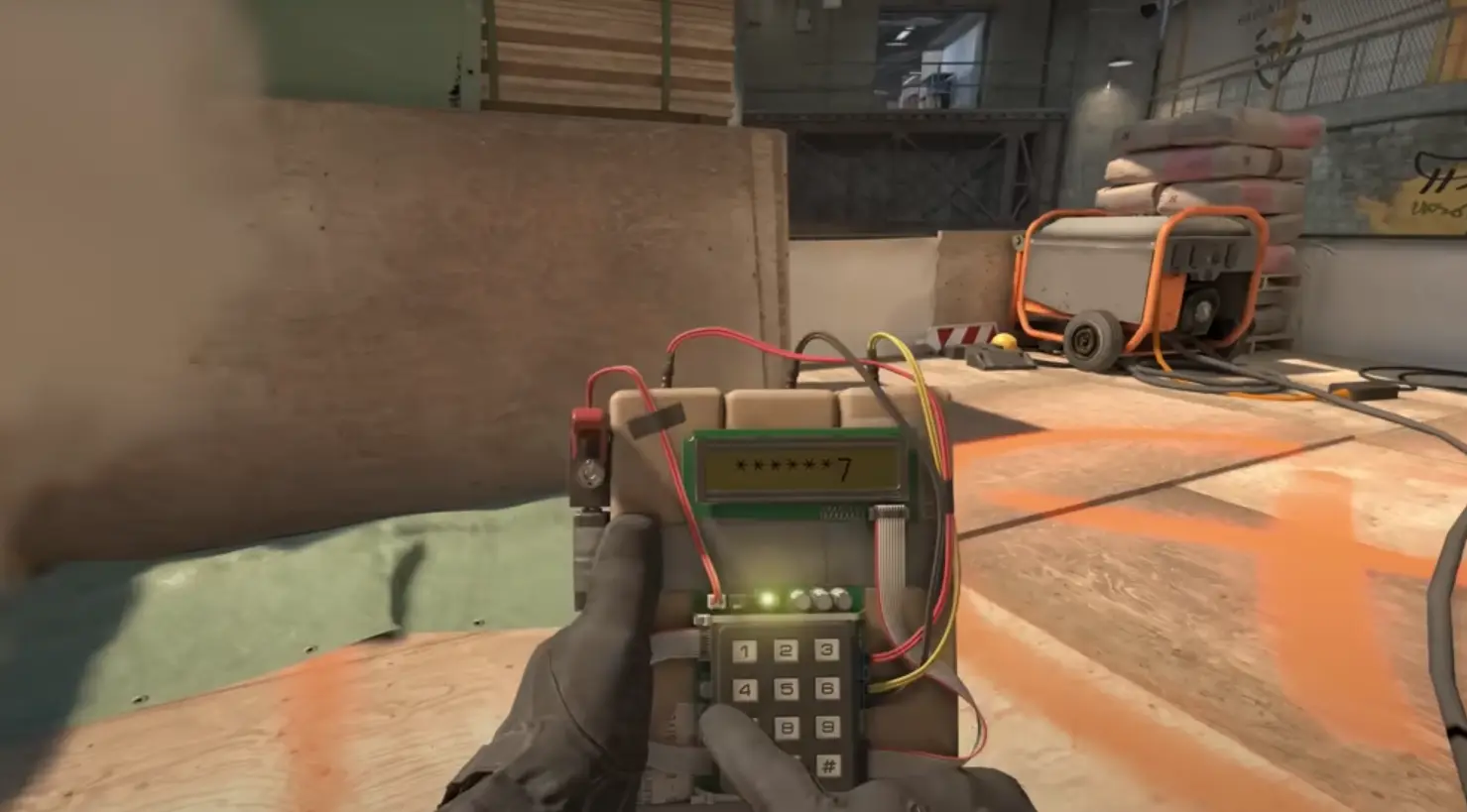
CS2 release date: Everything we know so far
Is it CS2-morrow? No, it is not.

